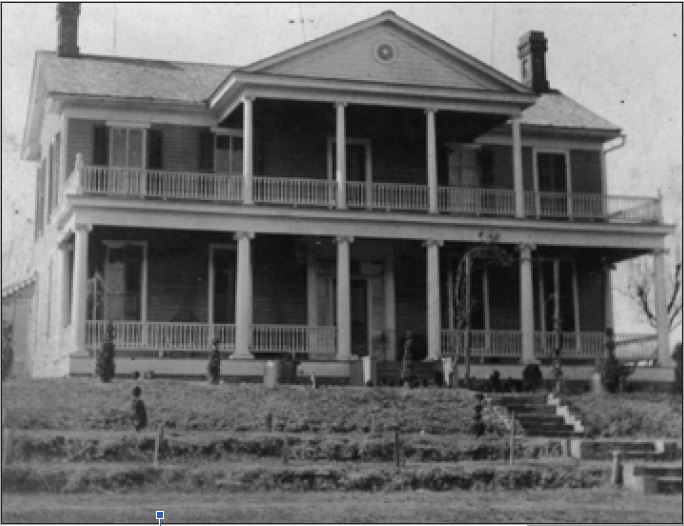The Sorsby saga ends
By City Historian Dr. Walter Howell
Will Sorsby received a pardon from Governor Henry Whitfield on Christmas Day, 1925. His murder conviction was set aside, and he was a free man, though Sorsby still faced possible embezzlement charges for the money he stole from the Clinton post office. Though he had replaced the money in an attempt to cover his crime, he still was liable to persecu-tion. The federal government, how-ever, never pressed charges.
Everett Sorsby, Will’s older brother, helped him secure a job with the Il-linois Central Railroad as a telegraph operator. He worked at several rail-road stations in Mississippi and Lou-isiana. Sorsby married again, and, after World War Two, settled in Wes-son, where he and his wife operated a grocery store. He died in January, 1953, and was buried in the Rockport cemetery outside Wesson.
Sorsby made at least two attempts to contact Margaret Cabaniss Sorsby, his first wife, while he was in prison. His letter to Margaret in 1912 went unanswered. He learned of Margaret’s California address and wrote a second letter in 1914, also unanswered. By the time of his pardon in 1925, Margaret had remarried and had children.
This writer first became aware of the Sorsby story in 1985, when Mrs. Olive Connerly Taylor, grandmother of his daughter-in-law Dianna Taylor, mentioned that she grew up in Clinton and remembered a murderer hiding out in an attic for a long time before his capture. When researching Town and Gown in 2012-13, the story of Will Sorsby, his crime, trial and conviction was reported in Hinds County newspa-pers of the time.
In 2013 this writer was conducting a tour of Provine Chapel on the MC campus as part of Clinton’s celebration of the sesquicentennial of the Civil War when he met Betty Anne Bailey, a granddaughter of Everett Sorsby. Mrs. Bailey agreed to an interview and gave the family version of the story: that Uncle Will had killed a man who was romancing his wife. Mrs. Bailey had photographs of Will and a copy of his obituary.
The story of Margaret Cabaniss Sorsby and her life in California came from her three grandchildren, who had access to her letters and other memo-rabilia. They discovered their grand-mother had been married before mov-ing to California. When one grandson traveled to Clinton in December 2019, he learned that her first husband, Will Sorsby, had been convicted of a mur-der and sentenced to life in prison.
The research of Margaret Sorsby Morehead’s grandchildren and infor-mation provided by Betty Anne Bailey completes the story of Will Sorsby and his wife, Margaret.
One unanswered question lingers. Sorsby’s trail records identify a broth-er, Alexander, who drove to the train station shortly after the shooting of the postal inspector, looking for his brother. He drove away and evidently followed Sorsby, who was on horse-back, into Jackson, where the horse was turned loose, and Alexander drove Will back to Clinton to hide in the attic of Bob Johnston, a friend.
Betty Anne Bailey disputed her grandfather Everett having a broth-er named Alexander. Though he ap-peared in the 1900 census and was mentioned during the trial, the family evidently removed him from their col-lective memory.






